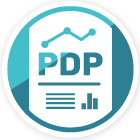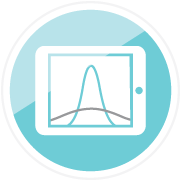Foundations Workshops
These virtual workshops introduce skills needed for a strong data-informed decision culture and are packed with information considered to be the foundational knowledge in each area of concentration. Delivered in an engaging manner, the workshops are designed for anyone who works closely with data in higher education—not just IR professionals.
The following workshops are currently being offered:
- Foundations of Research Design
- Foundations of Data
- Foundations of Survey Design
- Foundations of Descriptive Statistics
- Foundations of Effective Reporting
IPEDS Workshops
AIR has a longstanding history of producing workshops on the Integrated Postsecondary Education Data System (IPEDS) so that organizations can provide IPEDS training to their members and constituents. Current workshop options are outlined below.
Postsecondary Data Partnership (PDP) Workshops
Workshops developed to increase your skills and knowledge on a variety of PDP topics.
The following workshops are currently being offered:
Hot Topic Workshops
AIR offers workshops on a variety of topics to share pertinent knowledge for data professionals working in higher education.
Check back regularly for more hot topic workshop options!
Upcoming Workshops
-

-

-

-

-

-

-
Jun 17

-
Jul 08

-

-

-

-
Sep 30

